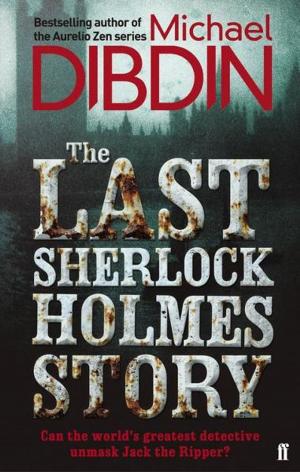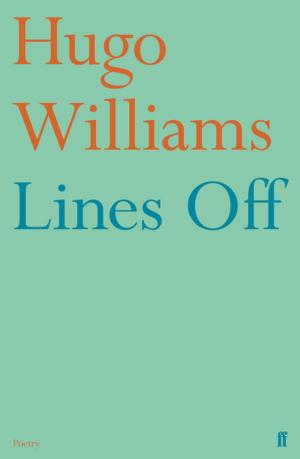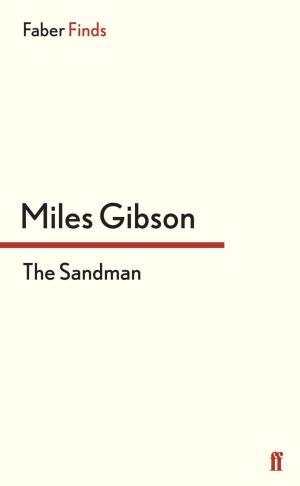| Author: | Jim Ring | ISBN: | 9780571276844 |
| Publisher: | Faber & Faber | Publication: | March 17, 2011 |
| Imprint: | Faber & Faber | Language: | English |
| Author: | Jim Ring |
| ISBN: | 9780571276844 |
| Publisher: | Faber & Faber |
| Publication: | March 17, 2011 |
| Imprint: | Faber & Faber |
| Language: | English |
Immortalized as the author of The Riddle of the Sands, Erskine Childers led a life quite as enigmatic and adventurous as his classic novel.
Childers was orphaned at an early age. Though he was brought up in County Wicklow, he received an English education that culminated in a clerkship to the House of Commons, voluntary service in the Boer War, and the writing of his great novel. Thus far he appeared patriotic, imperialist and largely conformist. But marriage to a strong-willed Bostonian and an increasing interest in the affairs of Ireland led to his questioning the imperial Zeitgeist. At first this took constitutional forms, but such was Childers' frustration with progress towards any manner of Irish independence from British rule, that on the eve of the First World War he instigated gun-running to supporters of the Home Rule movement.
Nonetheless, he still regarded it as his duty to serve England, and during the war he distinguished himself as an observer in the early seaplanes and torpedo boats. Traumatized, however, by the Easter Rising of 1916, he finished the war profoundly divided in his loyalties. With the Irish question now critical, Childers settled his fate by becoming the official propagandist for the Republican movement. He opposed the treaty that established the Irish Free State, regarding the compromise as anathema, and joined the IRA. Hunted by the Free State authorities, he was eventually captured and executed in November 1922.
Set against the backdrop of Britain's imperial zenith, the great naval arms race and the First World War, Jim Ring's acclaimed biography of Childers does full justice to this dramatic and intriguing story.
'Jim Ring has written a fine and fluent biography of an extraordinary man, navigating the angry waters [of Irish politics] with a sure hand but dodging none of the difficulties.' Independent on Sunday
Immortalized as the author of The Riddle of the Sands, Erskine Childers led a life quite as enigmatic and adventurous as his classic novel.
Childers was orphaned at an early age. Though he was brought up in County Wicklow, he received an English education that culminated in a clerkship to the House of Commons, voluntary service in the Boer War, and the writing of his great novel. Thus far he appeared patriotic, imperialist and largely conformist. But marriage to a strong-willed Bostonian and an increasing interest in the affairs of Ireland led to his questioning the imperial Zeitgeist. At first this took constitutional forms, but such was Childers' frustration with progress towards any manner of Irish independence from British rule, that on the eve of the First World War he instigated gun-running to supporters of the Home Rule movement.
Nonetheless, he still regarded it as his duty to serve England, and during the war he distinguished himself as an observer in the early seaplanes and torpedo boats. Traumatized, however, by the Easter Rising of 1916, he finished the war profoundly divided in his loyalties. With the Irish question now critical, Childers settled his fate by becoming the official propagandist for the Republican movement. He opposed the treaty that established the Irish Free State, regarding the compromise as anathema, and joined the IRA. Hunted by the Free State authorities, he was eventually captured and executed in November 1922.
Set against the backdrop of Britain's imperial zenith, the great naval arms race and the First World War, Jim Ring's acclaimed biography of Childers does full justice to this dramatic and intriguing story.
'Jim Ring has written a fine and fluent biography of an extraordinary man, navigating the angry waters [of Irish politics] with a sure hand but dodging none of the difficulties.' Independent on Sunday















